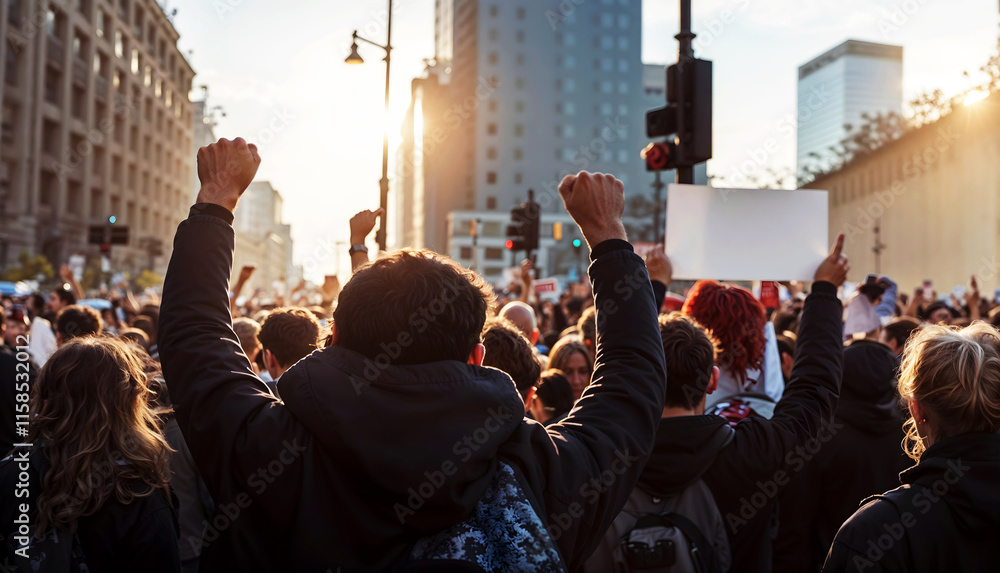With recent events like the Los Angeles riots — and the potential for similar unrest — HR leaders are facing many questions about their legal duties during times of violence. How do you keep your team safe, keep your business running, and follow the law when trouble hits nearby?
In this week’s HR Query, Nonnie Shivers, Phoenix Office Managing Shareholder for Ogletree Deakins, provides essential guidance on navigating these challenging situations and offers practical steps to help HR professionals prepare for similar events, no matter the location.
When do companies legally have to shut down operations? How close is too close, and do HR leaders need to watch events in real-time?
NS: Leaders should always try to know what’s happening in their community beforehand. This way, they can quickly change how they operate if needed. For instance, staying updated on local road closures and planned events can help you decide what to do next and what problems might come up. Employers must always remember their big responsibility: to provide a safe workplace free from dangers. This is part of a general legal rule, plus any other relevant federal, state, and local laws, like those about preventing violence at work. Just like with natural disasters, health crises, or other big events, your plan should always be built on keeping people safe and making sure your business can continue. But the exact steps you take will depend on what’s happening right then and there.
What if employees are blocked from coming in? If organizations must shut down, should employees still be compensated? For how long? And only certain employees or all?
NS: Prioritize employee safety and determine safe solutions, such as remote work, flexible or delayed start times, modified hours and even security presence and escorts. Employers should carefully evaluate all applicable federal, state and local laws as to what notice of changes in shifts/schedules is permitted and when compensation must be paid to hourly workers. Various laws require certain advance notice of change in schedules but also contain exceptions, but they vary widely. Exempt employee rules are different than hourly workers. Leverage disaster relief funds and evaluate other ways to afford employees compensation if impacted, such as if paid sick leave or other leaves apply. Remember, some closures or shutdowns of certain length could trigger WARN or state WARNs, so evaluate obligations carefully.
What if an employee has been detained? How long must companies keep their job open?
NS: Employers should apply attendance policies consistently and fairly. An employee who is not present for work may be subject to disciplinary policies absent an excused or protected absence, depending on how the employer’s policy reads and has been applied.
Should employees get PTO if they want to join the protests? Or do HR leaders have to let them go if they decide to do so unpaid?
NS: Employers should be mindful of legal protections for off-duty conduct, including political expression. Such protections vary by state to scope and application. Unpaid leave should be afforded consistently for similar or like absences and in line with all applicable policies.





